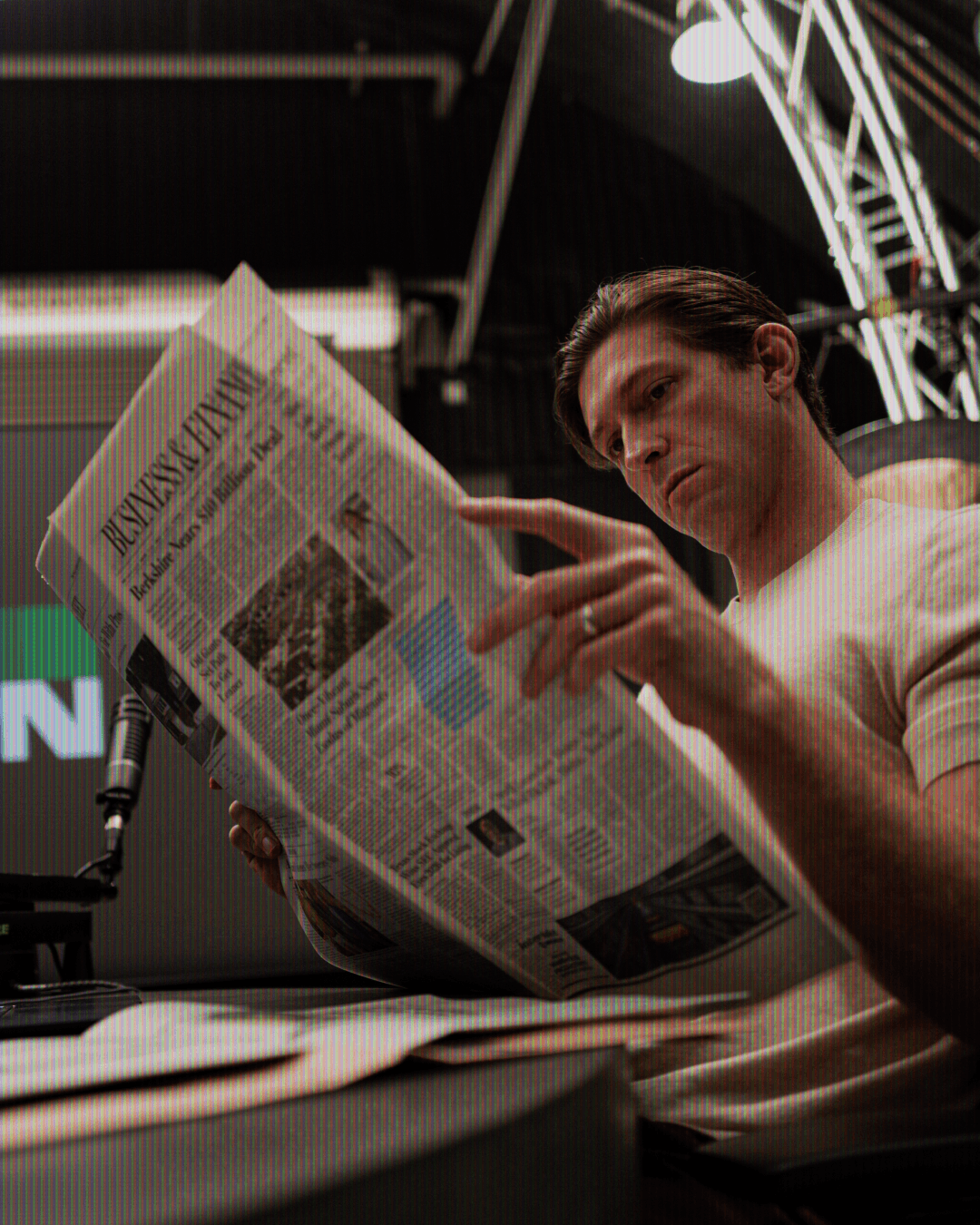tt
tt
tt
tt
tt
tt
Civilization
•
Oct 17, 2025
10X the City: A New Politics for San Francisco?

Sign in to keep reading
Sign up for free to see the rest of the article.
About the Author
Zaitoon Zafar is a junior editor at Arena Magazine. She can be found on X at: @zaitoonx.
ComponentTest










